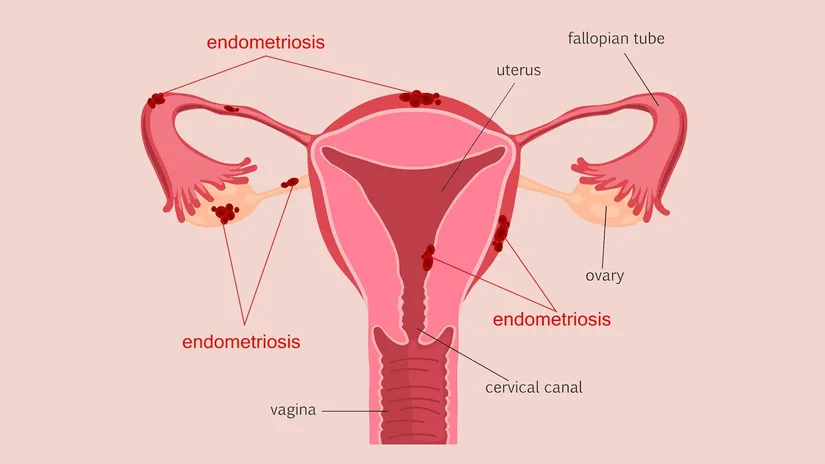Menopause, which usually begins to manifest itself after the 40s with symptoms such as sudden hot flashes, excessive sweating, changes in menstrual patterns, palpitations or chills, is among the distressing processes for many women. Menopause is defined as the end of menstrual bleeding in women. In order to be able to say that a woman has entered menopause, she must not have a period for 12 months without interruption. During menopause, which is a multifaceted process of change, women may face many different problems, both psychological and physical, and their quality of life may decrease.
These problems that women experience during menopause are caused by the extreme decrease in estrogen hormone levels during this period. A decrease in estrogen can lead to menopausal symptoms such as night sweats, hot flushes, sleep disturbances, fatigue and stress. In addition, these symptoms are associated with an increased risk of atherosclerosis, heart disease and osteoporosis, dryness in the vagina and recurrent urinary tract infections due to decreased function in the genitals and urinary tract.
Can Menopause Symptoms be Prevented?
Problems that arise due to the lack of estrogen hormone during menopause are now effectively treated with hormone replacement therapy (HRT). Estrogen and progesterone hormones are usually given together during the treatment process. A comprehensive gynecological examination, pap-smear, various blood and urine tests, mammography and breast ultrasonography should definitely be performed together with HRT, and if possible, bone density measurement should be added to these tests. Hormone therapy is an effective method to reduce the symptoms of menopause. This method improves bone density, reduces the risk of fractures due to osteoporosis, lowers blood cholesterol levels and reduces the risk of diabetes.
Suggestions for a More Comfortable Menopause
- Menopause is a natural process that every woman experiences. Accepting this process and being at peace with your body is the first step you need to take.
- You should not interrupt your gynecological controls during the period and you should definitely share your complaints and problems with your doctor.
- You should eat a balanced and healthy diet, consume foods that will stimulate metabolism, consume more cheese, yogurt and milk to reduce the risk of osteoporosis, and include plenty of vegetables and fruits in your diet.
- Exercise is a great way to maintain bone health, stay at your ideal weight and get fit. You can spend the menopause period more comfortably by practicing methods such as walking for 30 minutes every day, light exercises, yoga and meditation.








